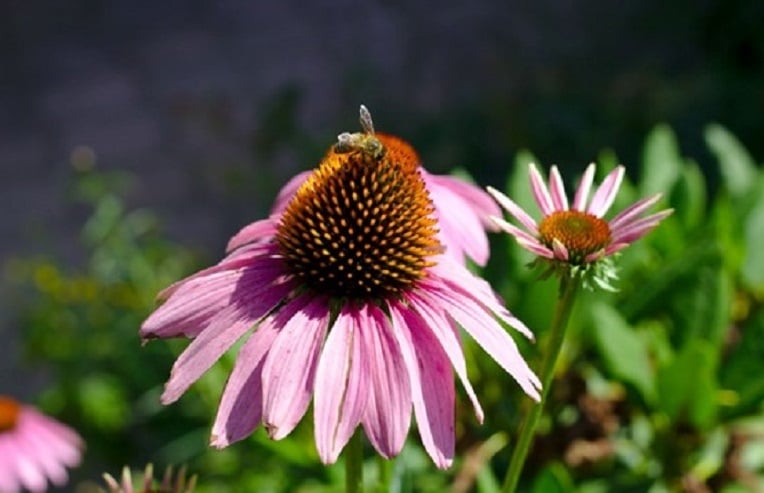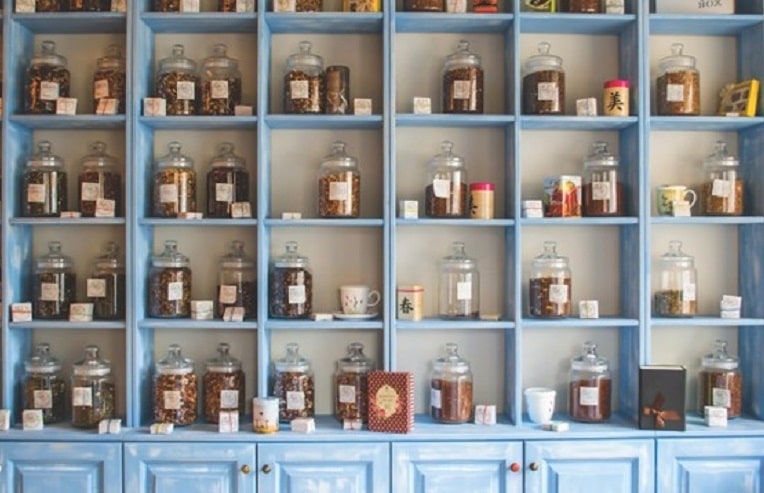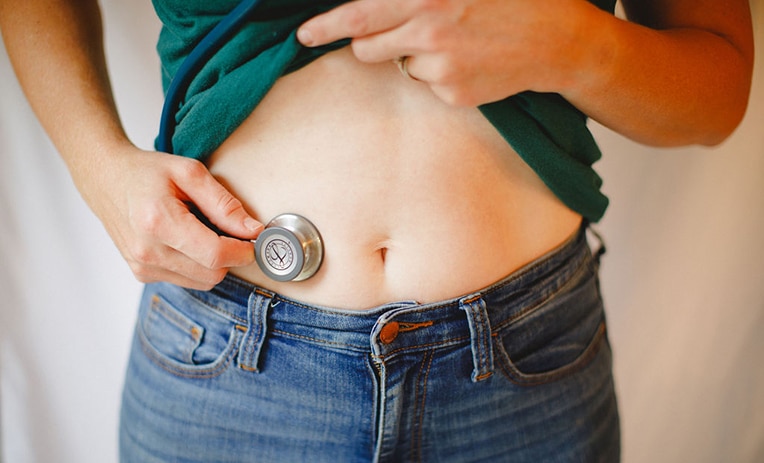
A Brief Understanding of Acne
Acne is a common skin condition primarily affecting the face, but it can also appear on the back, chest, and shoulders. It occurs when hair follicles get clogged with oil and dead skin cells, leading to inflammation and acne.2Who’s Affected by Acne?
- People of all races, ages, and genders can get acne
- It’s most common among teenagers and young adults
- Adult women are more likely to experience persistent acne
- Males are more frequently affected during teenage years
- High Stress
- Dietary Choices
- Pressure of Tight Clothing
- Environmental Irritants
- Poor Skincare Habits
4 Medicinal Herbs to Support a Youthful, Radiant Complexion

Reishi Mushroom
Reishi, also known as the “mushroom of immortality” or Lingzhi in Chinese medicine, is a highly valued mushroom believed to offer numerous health benefits. Thanks to its calming and fortifying properties it has been claimed for centuries to strengthen both mind and body.- In a study investigating the anti-androgenic properties of 20 mushroom species, reishi mushrooms emerged as the most effective in preventing the conversion of testosterone into the more potent DHT (a hormone that plays a key role in the sexual development of people assigned male at birth). Elevated levels of DHT are associated with conditions like acne, making this finding particularly noteworthy.3
Burdock Root
Burdock is a leading detoxifying herb in both Chinese and Western herbal medicine. It’s commonly used for conditions resulting from an excess of toxins. Both the root and seeds work to purify the body of waste, with the root being especially effective at removing heavy metals.4- Research found that special peptides from burdock root can fight acne bacteria and act as an antioxidant without harming healthy skin cells.5
Echinacea
Echinacea, a plant native to North America, is an important medicinal herb. Studies indicate that echinacea boosts the body’s defense mechanisms against bacterial and viral infections by enhancing the immune system. Not only is echinacea effective for common ailments like colds and the flu, but it also aids in the support of skin issues such as acne and boils.6- Researchers have found that an herbal extract made from echinacea could be a promising alternative for acne support. This extract not only kills the acne-causing bacteria but also reduces inflammation in skin cells.7
Tea Tree Oil
Tea tree oil, derived from the tea tree native to Australia, is a natural antiseptic that’s effective for soothing stings, burns, wounds, and various skin infections. Its therapeutic properties were first researched in the 1920s and have since gained widespread use in Australia, Europe, and North America. 8- An Australian study found that both tea tree oil and the commonly used benzoyl peroxide are effective in treating mild to moderate acne. Tea tree oil stands apart due to its fewer side effects, making it a potentially better and more comfortable option for acne support.9

Your Natural Journey to Flawless Skin
Your quest for clear, radiant skin is a journey unique to you, it reflects not just your aesthetic goals but also your overall well-being and self-confidence. As a Naturopathic Doctor and advocate for natural skincare, I’m here to equip you with the knowledge and tools you need to make informed choices that nourish and rejuvenate your skin. Interested in learning more about herbal medicine and a holistic approach to treating your acne? Schedule a 15-minute introductory call with me today. Together, we’ll tap into the rich bounty of nature’s pharmacy and craft a personalized skincare regimen that addresses your individual needs and lifestyle. I’m excited to be a part of your journey toward achieving the clear, vibrant skin you dream of!Sign Up for Our Newsletter
Disclaimer
This content is solely for educational purposes and should not be viewed as an endorsement or recommendation of any specific medical or health treatment. If you are pregnant, nursing, taking medications, or receiving medical treatment, consult your healthcare professional before using any herbal products. Always inform your primary healthcare provider about any herbs or supplements you’re taking, as they can cause side effects, trigger individual sensitivities, or interact with medications.
References:
- “The Role of Herbal Medicine in the Treatment of Acne Vulgaris – NCBI.” 15 Jun. 2022, https://www.ncbi.nlm.nih.gov/pmc/articles/PMC9217581/.
- “Acne: Types, Causes, Treatment & Prevention – Cleveland Clinic.” 4 Jan. 2023, https://my.clevelandclinic.org/health/diseases/12233-acne.
- Encyclopedia of Herbal Medicine – Andrew Chevallier
- “An Update on Plant Derived Anti-Androgens – PMC – NCBI.” https://www.ncbi.nlm.nih.gov/pmc/articles/PMC3693613/. Accessed 6 Sep. 2023.
- “Anti-Acne Action of Peptides Isolated from Burdock Root … – NCBI.” 27 Apr. 2020, https://www.ncbi.nlm.nih.gov/pmc/articles/PMC7248785/.
- Encyclopedia of Herbal Medicine – Andrew Chevallier
- “The potential use of Echinacea in acne: control of Propionibacterium ….” https://pubmed.ncbi.nlm.nih.gov/20830697/.
- Encyclopedia of Herbal Medicine – Andrew Chevallier
- A comparative study of tea‐tree oil versus benzoylperoxide in the ….” https://onlinelibrary.wiley.com/doi/abs/10.5694/j.1326-5377.1990.tb126150.x.
- Encyclopedia of Herbal Medicine – Andrew Chevallier




